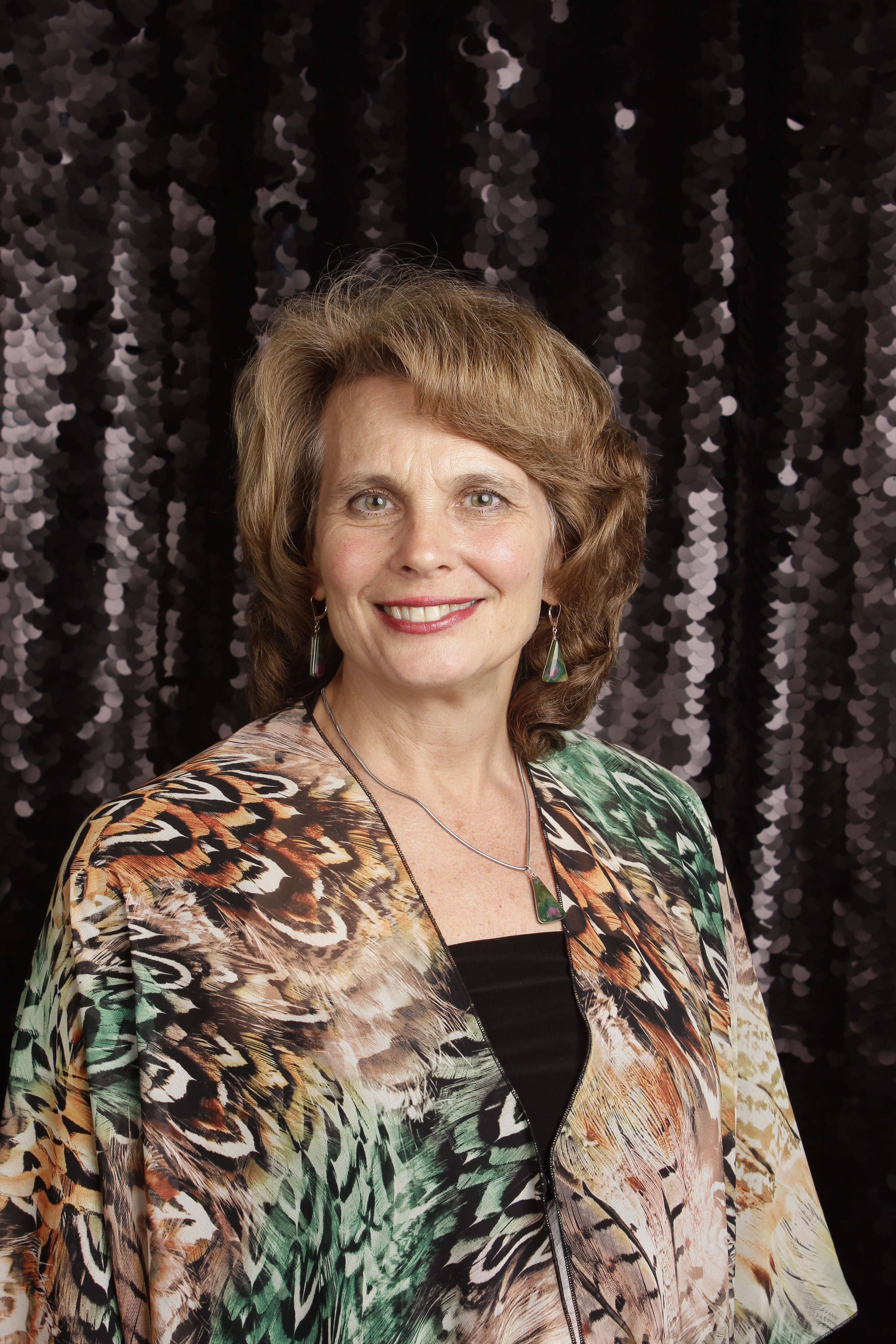Studying for the Certified Meeting Professional exam? MPI Ottawa has you covered!
Learn More
Check out all the exciting events taking place in the upcoming 2023/2024 year!
Learn More

Town Halls with a Difference: An Inside Look at an Association’s Successful Path to Creating Accessible Events

The people we are talking about are veterans of the Canadian Forces and the Royal Canadian Mounted Police (RCMP). They dedicate their careers to serving our country, sometimes putting their lives on the line, and when they transition out of uniform, they may encounter difficulties with the “system”, while possibly struggling with physical and psychological injuries.
With more than 180,000 members, including over 60,000 veterans and their families, the Association has been advocating for improvements to the financial security, health and well-being of its members and all Canadians for more than 50 years. While there are many government and other organizations that represent veterans, as a non-profit organization, Federal Retirees is an impartial and trustworthy third party.
In October and November 2017, it held a dozen sessions in areas with a strong military presence such as Gagetown, NB, Valcartier, QC, Ottawa, ON, Winnipeg, MB, Edmonton, AB and Esquimalt, BC. With the help of local volunteers, meeting rooms were booked at neutral facilities such as community centres and hotels, rather than Legion halls. Accessibility was crucial to ensure anyone with mobility issues could participate.
The forums were scheduled in the evening to allow those who still had day jobs to attend. Doors opened at 6:30 pm with light refreshments served until 7:00 pm. These first 30 minutes allowed the moderator to circulate amongst the registrants and create a comfortable rapport. The next two hours were conducted with a script of questions addressing four topics: Your Service Transition; Veterans Affairs Processes; Veterans Affairs Programs; and Family Perspectives. Flexibility was important as soliciting honest feedback was the goal.
Two-thirds of the entire budget was dedicated to promoting the events, mostly in print advertising. A unique logo was created portraying a service person saluting with a right hand raised to the eyebrow. The silhouette is purposely non-gender and non-service specific (Navy/Army/Air Force/RCMP), so all veterans could identify with it.
Email messages were sent to thousands of members in the targeted areas with a link to register online using Eventbrite. Working with Strategic Communications Inc. (Stratcom), Broadcast Voice Messages (“robocalls”) were made to members for whom Federal Retirees had no email address. The telephone recording gave an option to “press 1” to register, so even those without computer access were welcome. Advertisements were placed in military base newspapers such as The Trident in CFB Halifax and The Petawawa Post. The word was also spread through social media, and volunteers put up posters in public places like grocery stores and Legion branches. Overall, the sessions attracted about 400 attendees who shared their stories and concerns.
An anonymous on-line survey was launched to gather input from those who either couldn’t attend in person or felt more comfortable submitting their answers in private. The survey featured four large buttons labelled with the same topics as the moderator’s script; the sections could be answered individually or altogether. Handouts with the survey weblink were available at the back of the meeting rooms, so attendees could pick up copies to use later or distribute to friends and family members. The survey also invited respondents to provide an e-mail address, if they wanted a copy of the final report. About 150 electronic responses were received to add to the research.
The electronic survey was also a good resource to use if someone tried to monopolize the microphone. The moderator could kindly ask the person to give more details on-line. This was a gentle way to manage participants who had a real need to be heard, and still provide a fair chance for others to speak.

The Mayor of Oromocto, Robert Powell, also a member of Federal Retirees, introduces the October 18 Town Hall in Gagetown, NB
Speaking of microphones, the rooms were purposely set up to encourage participation. The chairs were placed in an open theatre-style with two aisles where several floor mics were placed. A volunteer holding a handheld microphone was always at the ready to allow audience members to speak without leaving their seat, if that made them more comfortable.
Two other important techniques were used to facilitate inclusiveness and compassion. With a sponsorship from HearingLife Canada, Communication Access Realtime Translation (CART) services were offered at each of the sessions. Like closed caption TV, the participants could see the words being spoken projected almost immediately on a screen at the front of the room. A common injury in the military is hearing loss; this technology allowed the hard-of-hearing to follow the proceedings. Even those without hearing problems stayed more focused and engaged by watching the scrolling text. (A word of caution: the military uses lots of acronyms. Providing a list of these in advance to the transcribers can help avoid misspelling and confusion.)
To save on travel costs, the live audio feed from the microphones was sent directly to the transcribers in their own city using Zoom Conference Services. They were located across North America, including Topeka, KS, Madison, WI and Québec City. These trained stenographers typed the words they heard that were then projected right back in the meeting room. In Gagetown and Ottawa, the sessions were conducted in both English and French, allowing participants to speak in their preferred tongue. Two Zoom meeting connections, two transcribers and two screens were set up to accommodate both languages. Since this technology requires a strong Internet connection, when hardwired wasn’t available, it was crucial to have a charged smartphone to create a backup hotspot.
Zoom offers free services that would have worked for this kind of set up. Fortunately, with the Association’s paid account, it also had access to recordings of each session to help with recalling the content afterward.
Sponsor HearingLife Canada, one of Federal Retirees’ preferred partners, set up an exhibit table at each event and sent a representative with promotional materials for distribution.
The other aspect that demonstrated special care was a telephone hotline set up to support the veterans and their families. Talking about their experiences can sometimes stir up painful memories. Handouts were available for discreet pickup at the back of the room with the toll-free number of a bilingual counselling service available 24/7 for up to a month after the last session. This service cost the Association thousands of dollars but could have proved invaluable to a family with someone experiencing suicidal thoughts.
A summary of the town hall discussions will be presented to key decision-makers at a conference in April 2018. Government and veterans’ representatives will be invited to participate in brainstorming sessions to formulate recommendations to help veterans and their families make seamless transitions from military or RCMP service to civilian life. Federal Retirees collected contact information from all the town hall participants, to make sure they can receive a copy of the report and are kept informed of the progress of this advocacy initiative.
 Article written by Melanie Hudson, National Association of Federal Retirees
Article written by Melanie Hudson, National Association of Federal Retirees



Leave a commentOrder by
Newest on top Oldest on top